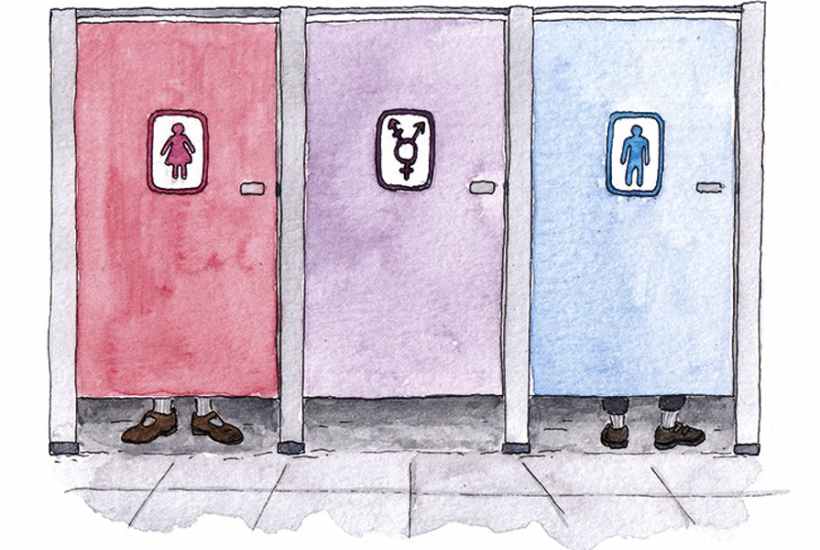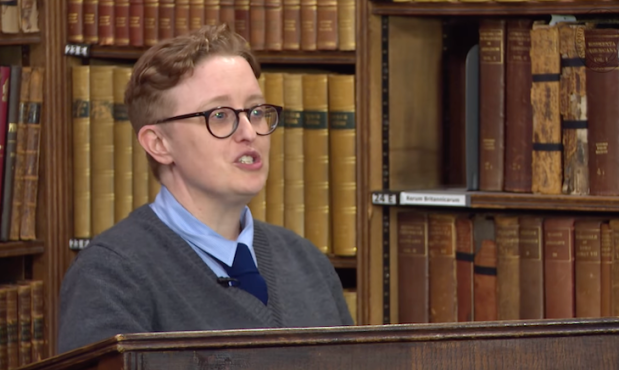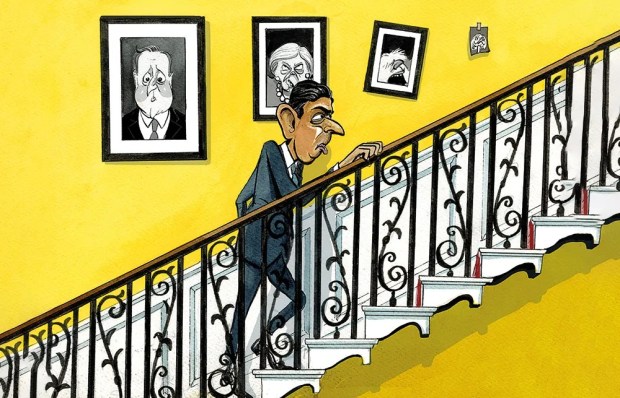It’s Christmas – again. For old timers like me, the familiarity of this time of year can blunt the strangeness of what we celebrate: the birth of Christ. The basic moral Christian precepts that Jesus embodied are also easy to take for granted. Do as you would be done by, love your neighbour, think of the poor; we accept these Christian attitudes, mistake them for innate human qualities, and rarely stop to think about them. The concepts go unexamined, embedded in our culture after centuries, though now minus any superhuman authority.
What we’ve forgotten is that these are peculiar, counterintuitive ideas that literally set the world on fire. They established themselves so deeply that they’ve survived the religion that instituted them. The ghost of Christianity Past haunts us, unseen, everywhere.
Take: ‘To err is human, to forgive divine’. Those words are from an eighteenth-century poem by Alexander Pope, not the Bible. We’ve all heard that phrase so many times without hearing it that it can be hard to remember where it came from. But while few of us recognise the source, most of us – even those who don’t believe in God, or the divine – can relate to the sentiment. Forgiveness may be a familiar concept to believers and theologians – I hope any out there reading this will forgive me for my fumbling – but its deep strangeness is concealed to everyday discourse.
The ghost of Christianity Past haunts us, unseen, everywhere
The oddness of forgiveness came back into my head recently following developments in the gender ideology wars. The announcement over the summer that the Tavistock gender clinic will close next year; revised NHS guidance for helping transgender kids; the drop in public support for gender self-ID; the humiliation of Mermaids.
It’s too early to celebrate these things, given that much of the cultural establishment – and indeed the resurgent Labour party – remains signed up to trans ideology. For the UK to stand almost alone in the western world against unscientific gender ideology is a closer prospect than it was this time a year ago, but we’re not there yet.
But if the outcome of the gender wars remains in doubt, it is at least now possible, just about, to imagine a time where good sense wins out. This is where the concept of forgiveness comes in: while Christian-style forgiveness seems impossibly airy, it has a practical and pragmatic side.
There’s a lot to forgive here. The reckless experimentation on kids who don’t conform to the stereotypes of their sex; the casual evil of public hounding and dismissals; the vicious tantrums and cruelty of the horribly warped Twitter anime-avatared teenagers, enabled by weak and wilfully blind adults that shrugged and looked away. Many on my side of the gender debate say they shan’t forgive and forget any of this and it’s hard to blame them. Yet turning the other cheek is the only right response here.
It’s worth stopping here to remind ourselves, blinded as we are to our ghost religion, that anyone pronouncing loftily that the catharsis of revenge isn’t satisfying is being hopelessly naive. Of course revenge is attractive, and it feels good. That’s one of the reasons why Christianity advising people to stop seeking retribution freaked everybody out two thousand years ago – and continues to do so today.
Christian forgiveness is, and was, a revolutionary idea: a tough thing to do, and such a big thing to ask. It is very easy to advise someone else to forgive, and very hard to do it yourself. It is frustrating and unfair. It denies the human instinct for justice and restitution. It sticks in the craw.
But here’s where the practical side of Christian forgiveness comes in. This is why forgiveness is divine, not a human quality. From the distant perspective of a super being, it says that our urge to revenge ourselves doesn’t matter.
It matters only that we win, and that, in this particular instance of the gender debate, sanity is restored and the gender identity madness ends in the best way for everyone. Forgiveness means we can all go home and get on with our lives as best we can. A little repentance would be enough, no? Isn’t that preferable to the winning side counting up or kicking the (metaphorical) corpses?
This is why forgiveness is, in a strange way, selfish. When the battle is done, why give a defeated enemy your time and attention? They’ve had enough of that. If you possibly can, for your own sake, do as I’ve done in this fractious and nasty debate – and let it go.
Got something to add? Join the discussion and comment below.
Get 10 issues for just $10
Subscribe to The Spectator Australia today for the next 10 magazine issues, plus full online access, for just $10.



















Comments
Don't miss out
Join the conversation with other Spectator Australia readers. Subscribe to leave a comment.
SUBSCRIBEAlready a subscriber? Log in